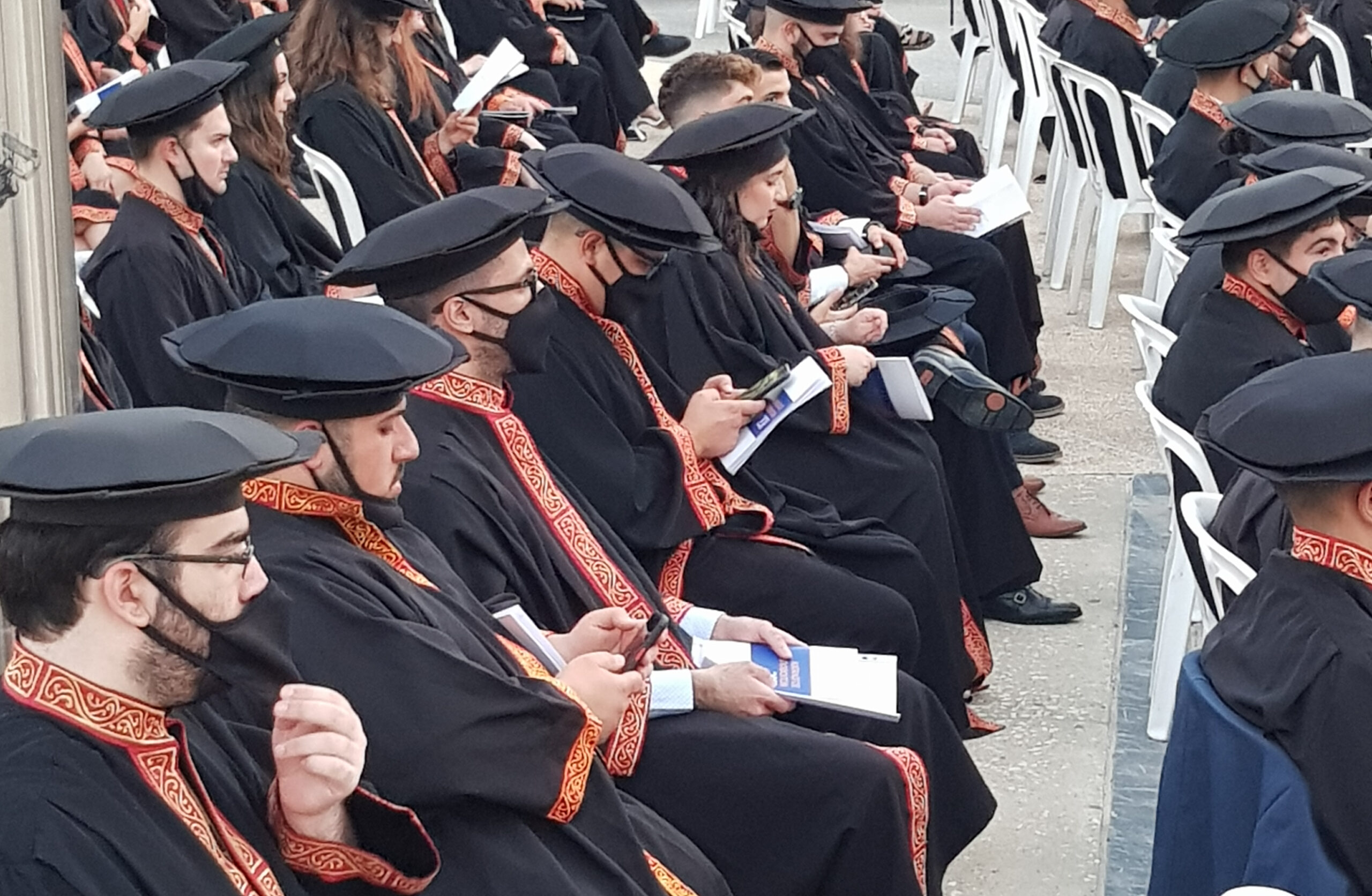Ask any high school student in Cyprus the whereabouts of Donbas, Kyiv, or Crimea, and most of the time, you’ll get a numbing reply.
And ask them to point to these areas on a map, and the result will be truly tragic.
Our youngsters are not stupid, nor ignorant. Simply, they haven’t been given the right tools to learn more.
It has nothing to do with a national-centric curriculum because many of our schoolgoers cannot tell the ancient philosophers from present-day celebrities.
It boils down to education and the lack of thirst for it.
A handful of state high schools and their teams of principals and teachers are doing an amazing job.
Some even excel internationally, taking part in fora and competitions, often making Cyprus proud.
Many are also innovative, producing video material, gadgets, and practical everyday-use devices.
But most of the time, it is up to individual initiative, a book worm with a desire to read more, a passion for absorbing foreign cultures and dedication to meet high-grade university entry criteria.
You don’t worry about these ones because you know they will succeed.
However, the vast majority, with little guidance, cannot put together a strong argument for or against the Russian invasion of Ukraine, let alone make parallels of the situation with other historical conflicts.
Is it because we have an abundance of below-grade philology teachers, PE instructors or religious studies who want a secure job for life?
Surely, better knowledge of a language or two and a wider grasp of regional and religious crises and conflicts will make them better citizens, making wiser decisions.
History constantly repeats itself, and the less you know of your own history, outside of what is mechanically taught in schools, the smaller impact you will make in matters of everyday life, society, culture.
Debate is almost non-existent, though encouraged more in private schools as a character-building activity and due to the credits you gain to your advantage when applying to university.
That is why debates in cafés are shallow; nowadays, discussions are brief and often focus on sports and celebrity news.
Academic excellence has been downgraded and replaced by ‘secure employment achievement’, with little accountability, even within well-funded research programmes, for fear of losing out financing from international sources in the absence of local investment in knowledge.
It doesn’t mean that everybody must aim to become a nuclear physicist, explore galaxies, or leave their mark as a brain surgeon.
Quite the contrary, Cyprus used to have a tradition of ordinary people reading every inch of a newspaper in the old village coffeeshop, very often with vocational training and knowing more than politicians sitting around a table.
Have we lost grasp of a better education for our children?
Or are we satisfied that they would get a job for life, with the climax of a ‘bright career’ being retirement and a pension?










